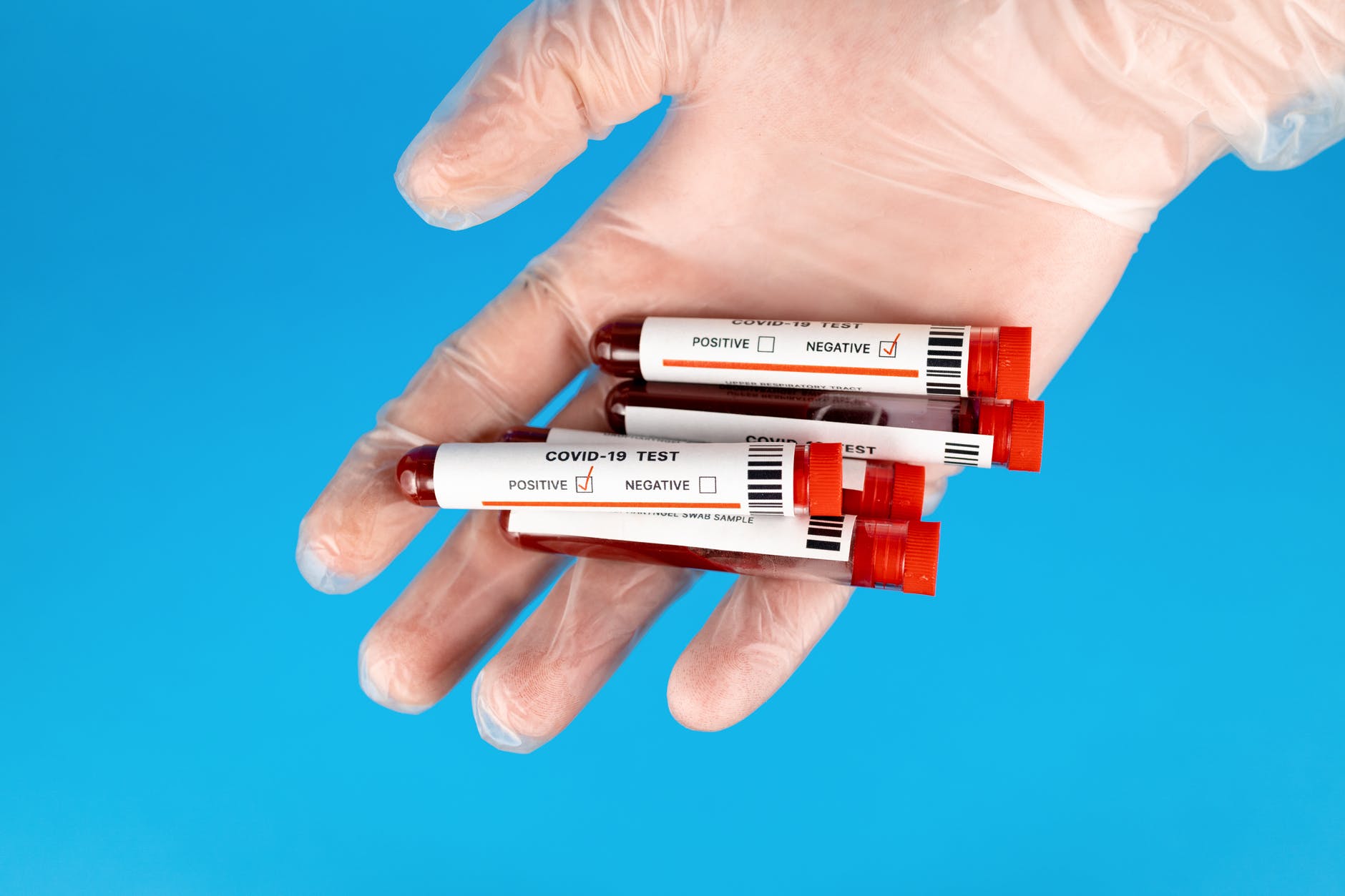![]()
Common Lymph Node Symptoms – A lymph node is one of the best ways to get a good understanding of what’s going on in your body. You’ll find that there are many different symptoms that can be caused by swollen or painful lymph nodes, and all of them are serious matters. This article will help you get a better understanding of what could possibly be making you feel this way, so that you can properly address the problem at hand.
What is a lymph node?
Lymph nodes are small organs located throughout the body. They collect and filter blood to allow the body to fight off infections. Infections of a lymph node can cause swelling or a hard knot in a particular spot. Symptoms may include fever, chills, night sweats, headache, muscle aches, fatigue, nausea and vomiting.
Lymph nodes, histology and cell biology
Lymph nodes are small bean-shaped glands found in the lymphatic system, near where the body’s tissues meet its blood vessels. They are primarily responsible for filtering waste from lymph fluid that is then passed to the bloodstream. These glands are crucial because they help protect against infection or other types of tissue damage.
Common symptoms of lymph nodes
Lymph nodes filter and clean the body of toxins and dirt. When our lymph nodes become full, we can experience a sore throat, lumps in the neck or under arms, and swollen glands. If you suspect that your lymph nodes are swollen or painful, contact your doctor to get tested for possible infections. Lymph nodes are one of the major lymphoid organs in the body.
They are distributed all over the body and their function is to capture unwanted particles. The role of lymphatic fluid is to carry away these particles and dispose them outside the body. When there are abnormal cells, either cancerous or caused by an infection, in the vicinity of a lymph node, this causes swelling and inflammation which can be felt as pain or tenderness in that area.
Causes of swollen or painful lymph nodes
Lymph nodes are located throughout the body and help to fight off infections. They also produce antibodies that protect the body from bacteria and viruses. When a person is sick, their lymph nodes can swell up or get painful. Other symptoms can include a persistent sore throat, a cough, shortness of breath, weight loss, fever, and chills.
The Symptoms of Omicron and Hepatic Symptoms
Ways to reduce swollen or painful lymph nodes
There are some home treatments available for reducing swollen or painful lymph nodes. These include using a cold compress or an ice pack on the area for about 10 minutes every hour. A warm bath with Epsom salts once per day may also be helpful in relieving the symptoms of swollen or painful lymph nodes.
Diagnosis and treatment of swollen or painful lymph nodes
Swollen lymph nodes are common in the neck, armpit, groin, or under the arm. They can occur for a number of reasons including infection or an allergic reaction. Swollen nodes may also be caused by any one of many cancers. The diagnosis and treatment of swollen or painful lymph nodes varies depending on the cause. While all swollen lymph nodes are not cancerous, they should always be medically evaluated.
Lymphoma is a type of disease that can lead to swollen or painful lymph nodes. Diagnosis for lymphoma is often difficult and delayed because the symptoms mimic those of many other illnesses. This condition can also present as a numb, sore throat, fever, cough, night sweats, weight loss, or easy bruising. Treatment includes chemotherapy and radiation therapy.
List of treatments for swollen or painful lymph nodes
Treatments for swollen or painful lymph nodes will vary depending on the cause of the injury. If it’s caused by a bacterial infection, then antibiotics may be administered. If the lymph node is enlarged due to cancer, then surgery would be an option. The type of cancer can also determine what treatment is best. For example, if it’s Hodgkin’s Lymphoma, chemotherapy may be helpful.
